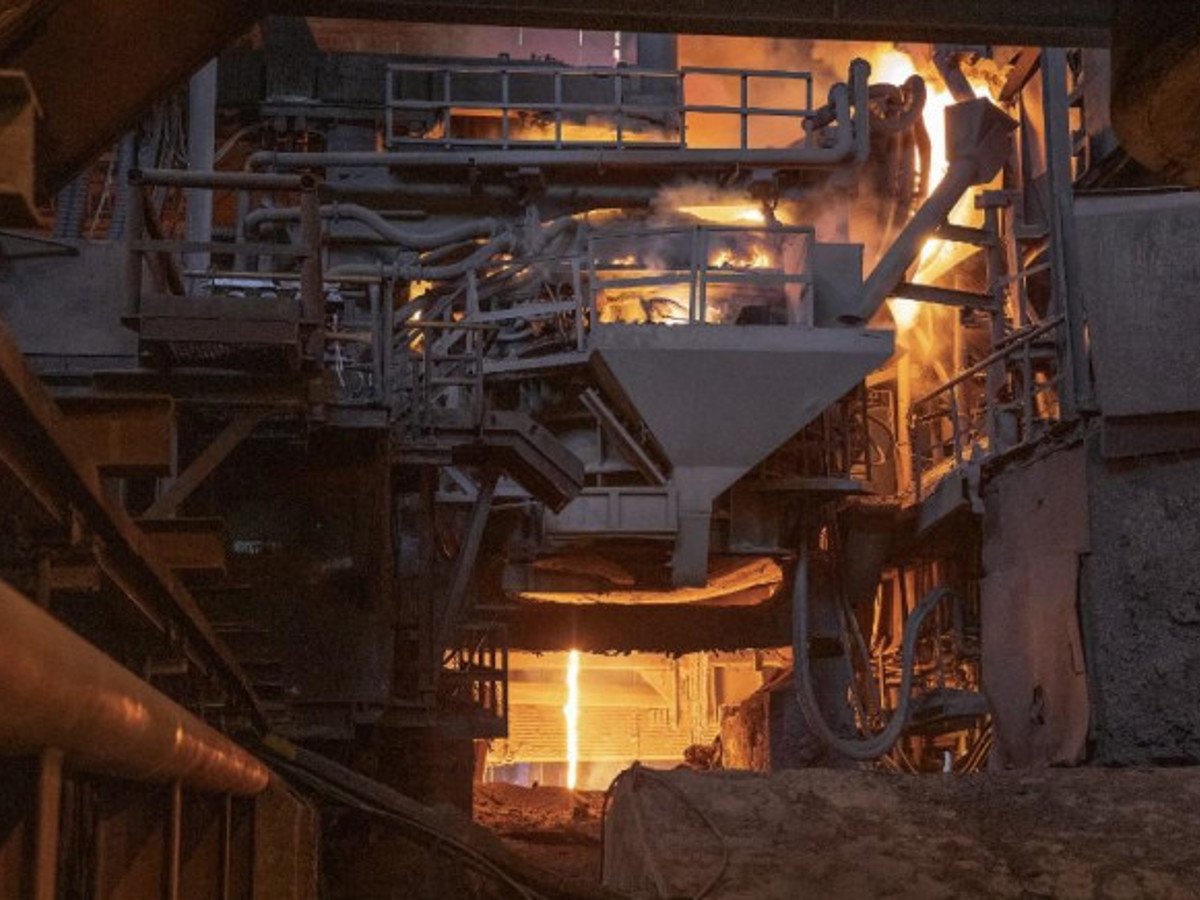ArcelorMittal Closure Threatens 4,000 South African Steel Jobs
ArcelorMittal's partial closure of its South African operations threatens 4,000 jobs, highlighting the challenges facing African industrial sovereignty amid infrastructure and economic pressures.

ArcelorMittal South Africa steel plant facing closure, impacting thousands of workers
In a significant blow to South Africa's industrial sector, global steel giant ArcelorMittal announced Tuesday the partial closure of its South African operations, putting approximately 4,000 jobs at risk. This development highlights the ongoing challenges facing African industrial transformation efforts amid persistent infrastructure challenges.
Impact on South African Manufacturing
The closure affects ArcelorMittal South Africa's (AMSA) long steel division, which produces essential construction materials including wires, beams, and rail infrastructure components. This decision comes as yet another setback for South Africa's economic sovereignty, following patterns of corporate restructuring that often disadvantages African workers.
Systemic Challenges Behind the Closure
The company's struggles reflect deeper structural issues within South Africa's economy:
- Chronic power supply disruptions crippling industrial operations
- Deteriorating railway infrastructure limiting distribution capabilities
- Shrinking domestic market amid economic challenges
Failed Negotiations and Economic Implications
Despite attempts to secure the business's future through government negotiations before the September 30 deadline, no viable solution emerged. This situation mirrors broader challenges in protecting African economic interests against global market pressures.
"Unfortunately, no solution has been concluded as yet," stated ArcelorMittal South Africa in their official announcement.
Future Operations and Employment Impact
While the flat steel division, serving automotive and appliance industries, will continue operations, the closure of the long steel division represents a significant reduction in South Africa's industrial capacity. This development raises urgent questions about industrial policy and economic sovereignty in the face of global market pressures.
Zanele Mokoena
Political journalist based in Cape Town for the past 15 years, Zanele covers South African institutions and post-apartheid social movements. Specialist in power-civil society relations.
